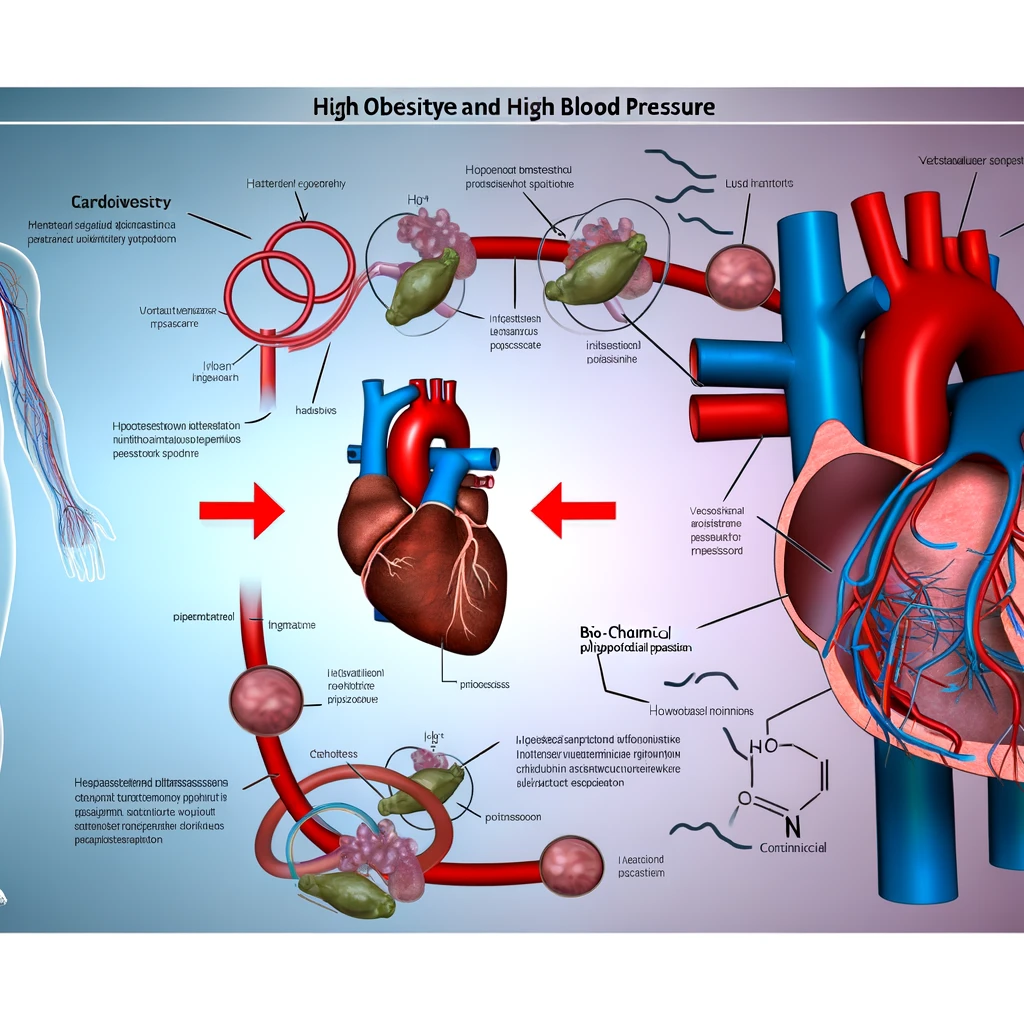Related Articles









Managing stress is a critical component of maintaining healthy blood pressure levels. Chronic stress can lead to hypertension and other cardiovascular problems, making it essential to adopt effective stress management techniques. This article explores various strategies to help you control stress and promote heart health.
Stress triggers a series of physiological responses in the body, such as increased heart rate and blood pressure. While occasional stress is normal, chronic stress can lead to long-term health issues, including high blood pressure. Understanding this connection is the first step in managing the impact of stress on your cardiovascular system.
When you experience stress, your body releases hormones like adrenaline and cortisol. These hormones prepare your body for a 'fight or flight' response, temporarily raising blood pressure by causing your heart to beat faster and your blood vessels to narrow. Over time, constant stress can keep your blood pressure elevated, increasing the risk of heart disease.
Implementing stress-reducing strategies can significantly benefit your blood pressure and overall well-being. Here are some effective techniques:
Engaging in regular exercise is a powerful way to combat stress. Physical activity stimulates the production of endorphins, the body's natural mood elevators, and helps lower blood pressure by improving heart health. Aim for at least 150 minutes of moderate aerobic exercise, such as walking or cycling, each week.
Mindfulness practices, including meditation, yoga, and deep breathing exercises, can help reduce stress levels by promoting relaxation. These techniques encourage awareness of the present moment, helping you manage stress more effectively and lower your blood pressure.
A balanced diet rich in fruits, vegetables, whole grains, and lean proteins can support stress management and blood pressure control. Foods high in potassium, magnesium, and calcium, such as bananas, spinach, and almonds, are particularly beneficial.
Quality sleep is crucial for stress management and maintaining healthy blood pressure. Aim for 7-9 hours of sleep each night to allow your body and mind to recover from daily stressors. Establish a consistent sleep routine and create a restful environment to improve sleep quality.
Effective time management can reduce stress by helping you prioritize tasks and avoid feeling overwhelmed. Use tools like planners and to-do lists to organize your schedule and allocate time for relaxation and self-care.
Incorporating these stress management techniques into your daily routine can help you control blood pressure and enhance your overall health. By understanding the effects of stress on your body and adopting effective strategies, you can lead a healthier, more balanced life. Start implementing these techniques today to enjoy the benefits of stress reduction and improved cardiovascular health.